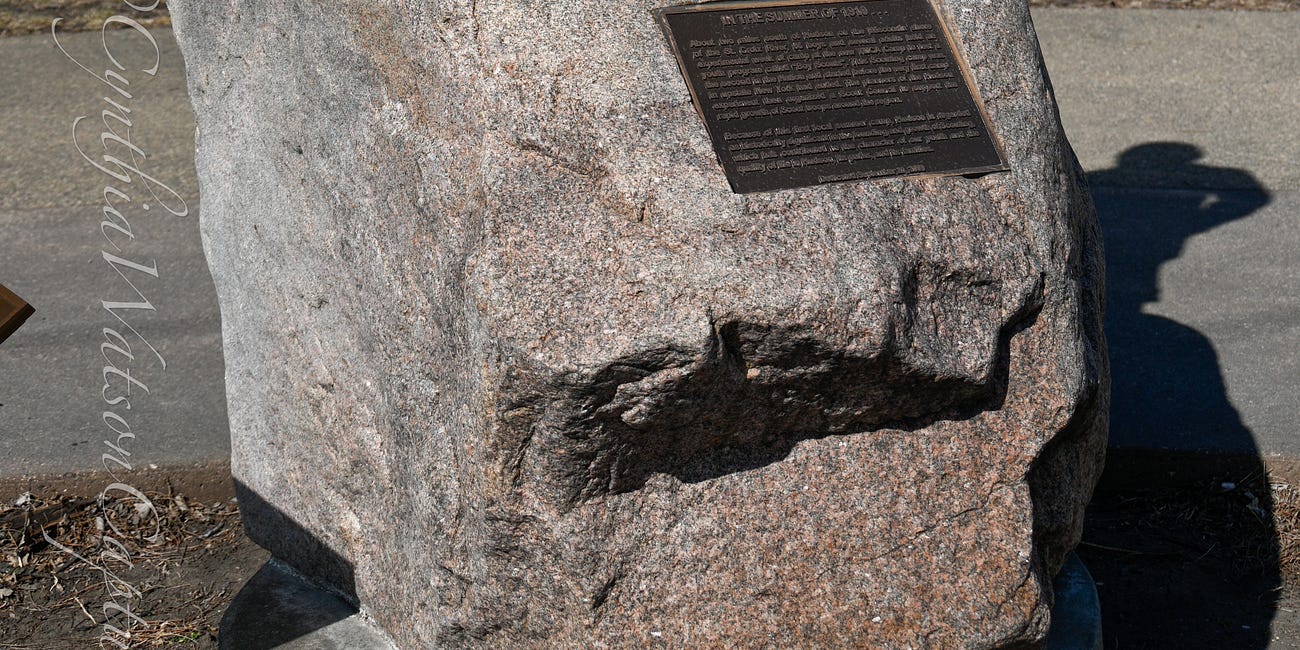I write today with two follow-ons to relatively recent columns and a plea in this highly-charged time.
Just this morning, LiveScience.com published a story about a recently discovered shipwreck off the Colombian coast. The archaeological value of this discovery is incalculable, but I raise it as an example of Colombia's role in the Spanish Empire.
You'll recall, if you read Monday's column on Colombia, that the port of Cartagena, on the Caribbean coast, was the primary stockpile for gold from South America, awaiting shipment to the Spanish peninsula. The 1708 shipwreck resulted from the Royal Navy's defeat of Spain in a naval battle; the galleon, carrying what the article describes as the richest cargo ever, exemplifies the importance of Cartagena to Spain's royal interests. These vessels, departing from the seemingly secure fortress overlooking Cartagena for centuries, were chock-full of various items, not the least of which were gold medallions. The efforts by Colombia's archaeologists to recover these artifacts began with the discovery of the ship several years ago.
An eagle-eyed reader pointed out that I did not emphasize the crucial role of the Teddy Roosevelt administration in facilitating Panama's succession from Colombia in 1903 as clearly as I thought I had, so I want to reinforce that point. Panamanians had their pro-independence forces for years, but it was the support from the United States seeking a canal between the Atlantic and Pacific that led to action, as political upheaval consumed Colombia.
My second major update today is about a topic I covered in late March, in "Spies, will and Taiwan" on 28 March of this year. At that time, four uniformed officers were under imprisonment for spying on the island in support of the mainland. I worried at the time that infiltration of Taiwan was a pervasive concern that Republic of China officials were attempting to stamp out.
This morning, Reuters reported a further four civilian spies faced criminal charges yesterday over espionage on behalf of the PRC. Notably, all four were members of the ruling Democratic Progressive Party rather than the more explicitly pro-Beijing Guomindang. Two of these individuals held trusted positions under the current president, William Lai, and long-time interlocutor to the United States, as well as the current National Security Council chairman, Joseph Wu. In other words, Beijing's ability to penetrate the highest levels of Taiwan's society has been robust.
The Reuters article does not indicate when the unmasking of this individual occurred, so the evidence of these nefarious acts could result from a more intense pursuit of mainland spies, or this may close a chapter related to the uniformed personnel I cited almost three months ago. The overall problem of PRC efforts to discover the highest levels of Taiwan's—and likely U.S.—sensitive information remains front and center for this vulnerable society.
Because Taiwan's authorities no longer provide information on individual cases as they progress through the legal system, we can't determine much about the motivations or modalities of the spying efforts, but they are worrying. These efforts indicate Beijing's relentless activities to undermine Taiwan's de facto sovereignty while calling into question the susceptibility of U.S. cooperative actions with the Taibei.
The Lai government is addressing the issue. Still, it remains a daunting task due to shared language, economic interactions between the island and the mainland, and Beijing's unrelenting demand that Taiwan capitulate to Zhongnanhai's insistence on reunification. Deporting mainlanders is an option but would hardly address this intricate problem, with those Taiwanese often calling their "cousins" across the Strait. Stay tuned.
At least one reader accused me of being partisan last year as I wrote these columns. Believe it or not, that has never been my intent. I proudly am an institutionalist. The institution I adore is the Constitution and the political system it created; even the portions I don't remarkably endorse (yes, there are a couple) are part of a complicated system of checks and balances for well over 340,000,000 of us. I love this document because it's as close to anything we could have ever created to assure equity to all, despite some fits and starts in our history. I have preferences, certainly, but my commitment to that document is as firm as ever.
It’s far from perfect, as is our history or any of us as individuals. Other countries have far worse documents, regardless of how well they sound. Ours uniquely allowed us to execute and amend; it's up to us as individuals how we do those things.
It is up to us.
What favors any of us today as individuals could be used against us as individuals if we have no institutional framework. Human behavior can be pernicious and capricious by nature.
However, we must understand what the Constitution says, which precious few seem to comprehend.
My plea today is that you and I take a moment to review the Constitution. Read it, please, please, please, please. Two cabinet officials have acknowledged before Congress over the past couple of months (one only yesterday, regarding presidential authorities and the use of force) that they did not know what the Constitution assigns as presidential authority (or legislative or judicial authority, for that matter) for the actions they are executing (Are you kidding me?)
It's a relatively accessible document, written by mere mortals, even if they had aspirations to create a perfect (or at least better) union than the tyrannical one we eschewed.
The Constitution itself has seven articles along with 27 amendments. It's not onerous to read, merely needing your attention. Read the words and think about what they say in our contemporary society. The words offer the flexibility the Founders intended, allowing a government of the people, for the people, and by the people. It's worth your time for everyone's benefit to know who does what to whom and why. I attach a link to it or you can buy a little pocket copy from Amazon to carry as many lawyers do. Sounds weird but maybe they are on to something.
I welcome your thoughts on this paramount issue as we move into increasingly perilous days. Actions genuinely have consequences, some of which become irreversible.
I welcome comments on Taiwan, Colombia, the Chesapeake Bay Sox (whom we saw last night), or any other topic. My point is to expand the civil, measured conversation, so please feel free to chime in.
I appreciate your readership today or any day. I especially thank those who pay subscriptions to support my work. A yearly subscription costs $55 (barely over $1 per week) or $8 for a month.
The camera and I wandered among the hydrangeas yesterday. I do love pinks.
Be well and be safe. FIN
Tom Metcalfe, “Gold coins from ‘world’s richest shipwreck’ reveal 300-year-old depictions of castles, lions, and Jerusalem crosses”, Livescience.com, 9 June 2025, retrieved at https://www.livescience.com/archaeology/gold-coins-from-worlds-richest-shipwreck-reveal-300-year-old-depictions-of-castles-lions-and-jerusalem-crosses
“Full Text of the Constitution”, 1787, constitutioncenter.org, retrieved at https://constitutioncenter.org/the-constitution/full-text
Cynthia Watson, “Spies, will and Taiwan”, cynthiawatson.substack.com retrieved at
Spies, will and Taiwan
Those optimistic that a decisive military defeat of China will end the island’s vulnerability to PRC demands for reunification would do well to consider a report from today’s Guardian. Three soldiers in the presidential security detail were among four individuals prosecuted by Taiwan’s authorities for espionage on Beijing’s behalf. Their convictions gar…
Stephanie Yang and Xin-yun Wu, “Taiwan is worried about spying threats. That may mean deporting thousands of Chinese”, LATimes.com, 22 May 2025, retrieved at https://www.latimes.com/world-nation/story/2025-05-22/chinese-taiwanese-national-security-crackdown-deportation





